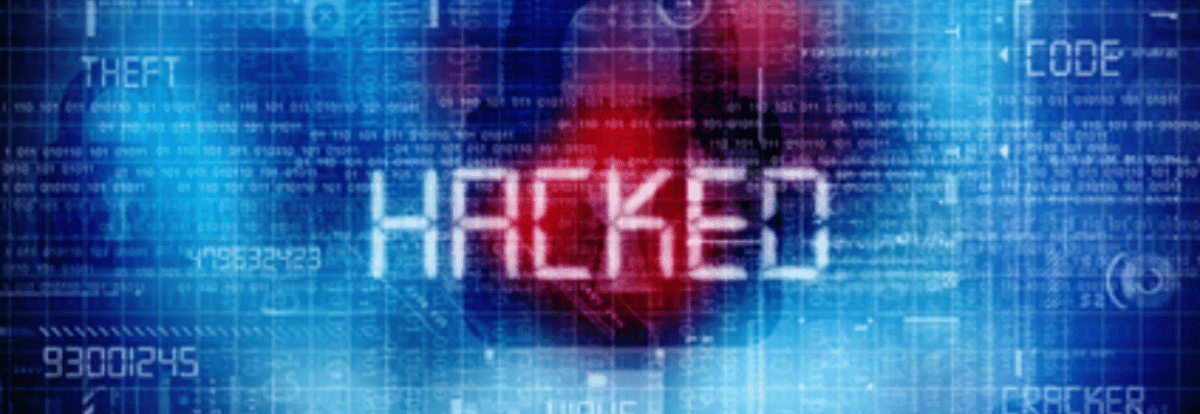
Welcome To The Data Leak Lawyers Blog
We focus on the latest news surrounding data breaches, leaks and hacks plus daily internet security articles.

We focus on the latest news surrounding data breaches, leaks and hacks plus daily internet security articles.

You could be eligible to claim for travel data breaches and receive compensation for hotel cyberattacks, and we may be able to represent you for a case on a No Win, No Fee basis.
The travel and tourism industry is a significant target for hackers as they can get away with a huge amount of personal and sensitive data. Hotels, airlines, package providers, intermediaries, and others could all be a valid target. One successful cyberattack could lead to the data for millions of people being exposed, as we have seen in some of the recent data breaches that have taken place in the UK and across the world.
As a leading firm of data breach compensation lawyers, here’s our take on the topic as well as advice about how we can represent you for a legal case.

Victims could be eligible to claim compensation for identity theft that has arisen from a data breach, data leak or a cyberattack event, and we can offer No Win, No Fee representation.
Data breach compensation pay-outs for legal cases like this can account for any financial losses incurred, but they can also account for the distress you suffer as well. It can be incredibly worrying for your information to be in the hands of criminals, and the law can entitle you to receive compensation for the distress you suffer from the loss of control of your private information.
This means that, even if you lost nothing or had your money returned, you could still be eligible for a claim.

Having been contacted for help by victims of the Blackbaud data breach whose information was hacked, we are taking claims for compensation forward for victims on a No Win, No Fee basis.
There are thought to be over 120 organisations affected so far by the breach, including multiple universities and charities. A wealth of data was exposed in the attack which led to Blackbaud reportedly paying the ransom that was demanded by the hackers who managed to access the information.
If you have been told that you are affected by the cyberattack, we may be able to help you.

Stolen healthcare data breach compensation claims can be severe for the victims, and they can be worryingly common because of the nature of the information involved.
A huge proportion of the thousands of individual victims we represent are for medical data breach compensation cases. The risks of these kinds of events happening are real, but victims to have rights. As a leading firm of data breach compensation lawyers, we may be able to represent you for a No Win, No Fee legal case if your information has been misused or exposed.
Read on for more information.

When passwords are exposed in cyberattacks, victims can be entitled to make a claim for data breach compensation with us on a No Win, No Fee basis.
As a leading firm of data breach and consumer action specialists, we represent thousands of people for individual and group action cases. Many of those have had personal information exposed as a direct result of a cyberattack, which has involved exposed credentials. People have legal rights that are enshrined in law, and you could be entitled to claim damages if this has happened to you.
Data breach compensation amounts can be based on the extent of any distress and any impact on you. There are also some key steps to take to protect yourself as well.

It’s important for victims to know their rights when it comes to hospital ransomware attacks, as this usually involves a great deal of personal and sensitive data.
Medical data breach compensation claims are one of the most common types of individual legal cases that we take forward. We represent thousands of clients, and those whose healthcare information has been misused or exposed tend to suffer significantly. This is why we do what we do: to make sure that the victims have a voice when data protection laws have been broken.
As a leading firm of consumer action and data breach compensation experts, here’s how we can help people.

Online fraud compensation claims are growing as criminals are making use of e-skimming hacks to steal payment card information in real-time.
When you withdraw money from an ATM or make a card purchase in a shop, you can shield the keypad when you enter your pin and keep an eye over your shoulder for anything suspicious. You may also be able to tell if there’s something dodgy on the ATM or card reader that could indicate it’s not secure.
But when you’re shopping online or in an app, you can’t really take those kinds of precautions. People are at increasing risks of e-skimming which involves card information being stolen in real-time online, so here’s our advice for what victims can do.

According to credit-reference agency Experian, there are increasing incidents of fraudsters targeting first-time buyers, and some of it can be related to data breaches.
As a firm of expert data breach compensation lawyers, this news doesn’t come as a surprise to us at all. First-time buyers can be vulnerable to the kinds of tricks and scams that criminals can pull off, particularly because of being thrown into the world of owning a home for the first time. Criminals could pose as a number of organisations or parties, and they could use information from data breaches to convince people that they’re the real deal.
This kind of problem demonstrates how bad a simple data breach can actually be for a victim when criminals use even small bits of seemingly “harmless” data that has been exposed in a breach to do serious damage.

A seriously concerning security flaw has been discovered which has reportedly allowed hackers to covertly put so-called monitoring implants in iPhones.
The vulnerability is said to have been discovered in January 2019, with Apple releasing a security patch in February 2019. It’s understood that Google’s external ‘white hat’ security team, known as Project Zero, are responsible for identifying the flaw.
There may be thousands upon thousands of people whose phones have been compromised in a way that could allow hackers to have had access to a disturbing wealth of information.

You can be eligible to make a claim for cyber-attack compensation if your data has been exposed as a result of a hack.
Ultimately, the law is clear in terms of the responsibility organisations have to safeguard the data that they store and process. It’s their job to ensure that they have proper cybersecurity in place to prevent a breach incident taking place, and if they fail to do so, victims are well within their rights to justice.
A lot of the group actions and multi-party legal cases we’re involved in have stemmed from cyber-attacks. This includes some of the big-name examples like British Airways, Equifax and Ticketmaster.
EasyJet admits data of nine million hacked
British Airways data breach: How to claim up to £6,000 compensation
Are you owed £5,000 for the Virgin Media data breach?
Virgin Media faces £4.5 BILLION in compensation payouts
BA customers given final deadline to claim compensation for data breach
Shoppers slam Morrisons after loyalty points stolen
Half a million customers can sue BA over huge data breach
Lawyers accuse BA of 'swerving responsibility' for data breach
The biggest data breaches of 2020
Fill out our quick call back form below and we'll contact you when you're ready to talk to us.